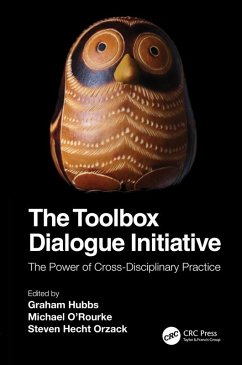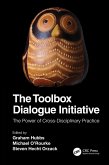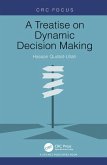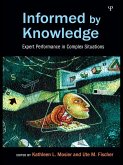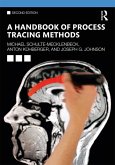Key Features
- Introduces the Toolbox Dialogue method for improving cross-disciplinary collaboration
- Reviews the theoretical background of cross-disciplinary collaboration and considers the communication and integration challenges associated with such collaboration
- Presents methods employed in workshop development and implementation
- Uses various means to examine the effectiveness of team-building exercises
Related Titles
Fam, D., J. Palmer, C. Riedy, and C. Mitchell. Transdisciplinary Research and Practice for Sustainability Outcomes (ISBN: 978-1-138-62573-0)
Holland, D. Integrating Knowledge through Interdisciplinary Research: Problems of Theory and Practice (ISBN: 978-1-138-91941-9)
Padmanabhan, M. Transdisciplinary Research and Sustainability: Collaboration, Innovation and Transformation (ISBN: 978-1-138-21640-2)
Dieser Download kann aus rechtlichen Gründen nur mit Rechnungsadresse in A, B, BG, CY, CZ, D, DK, EW, E, FIN, F, GR, HR, H, IRL, I, LT, L, LR, M, NL, PL, P, R, S, SLO, SK ausgeliefert werden.

